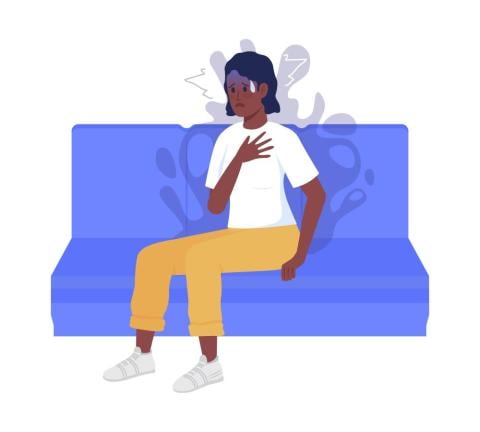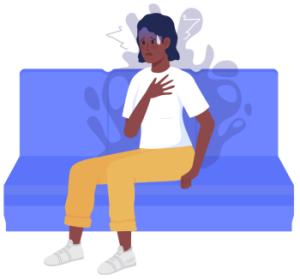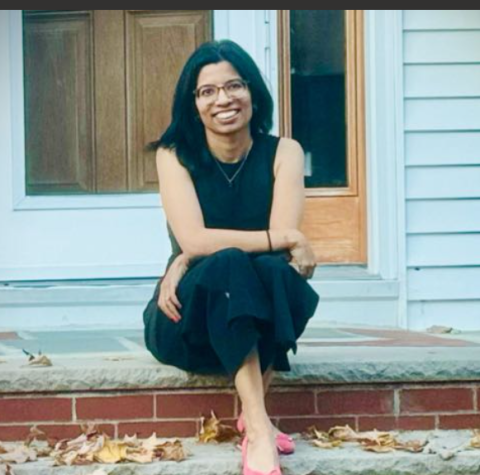If you think you have an anxiety or anxiety-related disorder, or if you feel overwhelmed or just not yourself, it’s time to get help. There is no shame in talking to someone about your feelings. Getting help is a sign of strength, not weakness.
Find help on campus
- Visit your campus health or counseling center to ask about their counseling services. Many schools offer counseling sessions for free.
- Call the psychology or behavioral health department and ask about counseling sessions with graduate students.
- Visit your school’s chaplain or religious or spiritual leader.
- Confide in a friend, RA, professor or mentor. Ask him or her to go with you to seek professional help.
Off-campus resources
- See your family physician, who may be able to treat you or recommend a professional who specializes in anxiety disorders such as a psychiatrist, psychologist, clinical social worker, counselor, or psychiatric nurse.
- Confide in a parent or relative. Ask him or her to support your efforts in finding help. You may also want to find out if you’re still covered under your parents’ insurance, and if that insurance includes mental health services.
- Search the ADAA Find a Therapist database for a mental health professional in your area.
- Find a local support group. Many counseling centers, hospitals, community centers, and places of worship run or host support groups. Check out the ADAA support group listings, too.
















